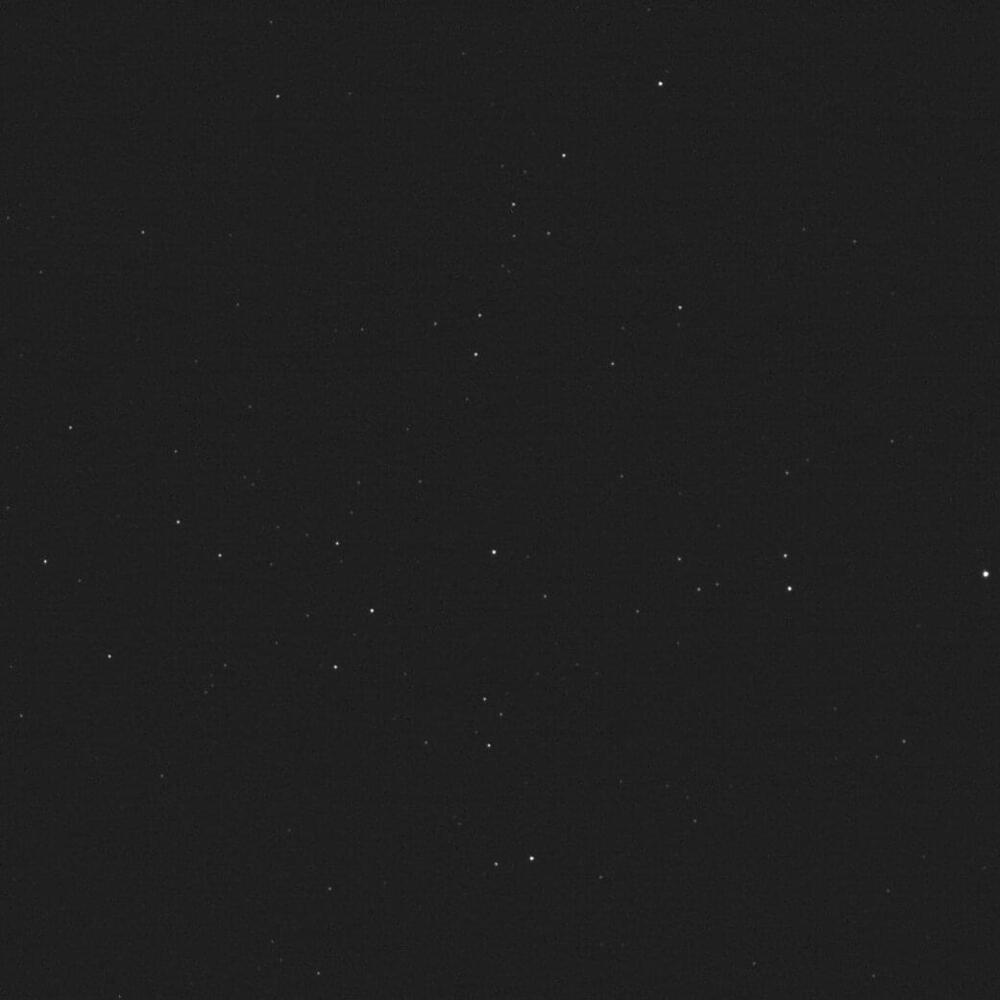Just two weeks after launching from Vandenberg Space Force Base in California, NASA’s Double Asteroid Redirection Test (DART) spacecraft has opened its “eye” and returned its first images from space—a major operational milestone for the spacecraft and DART team.
After the violent vibrations of launch and the extreme temperature shift to minus 80 degrees C in space, scientists and engineers at the mission operations center at the Johns Hopkins Applied Physics Laboratory in Laurel, Maryland, held their breath in anticipation. Because components of the spacecraft’s telescopic instrument are sensitive to movements as small as 5 millionths of a meter, even a tiny shift of something in the instrument could be very serious.
On Tuesday, Dec. 7, the spacecraft popped open the circular door covering the aperture of its DRACO telescopic camera and, to everyone’s glee, streamed back the first image of its surrounding environment. Taken about 2 million miles (11 light seconds) from Earth—very close, astronomically speaking —the image shows about a dozen stars, crystal-clear and sharp against the black backdrop of space, near where the constellations Perseus, Aries and Taurus intersect.
